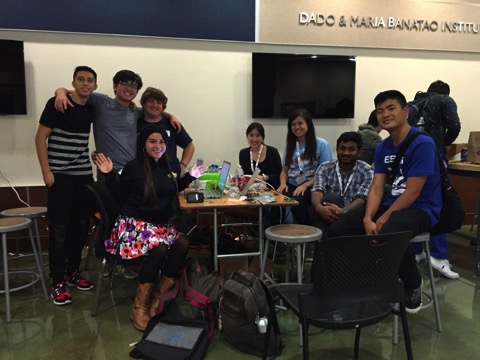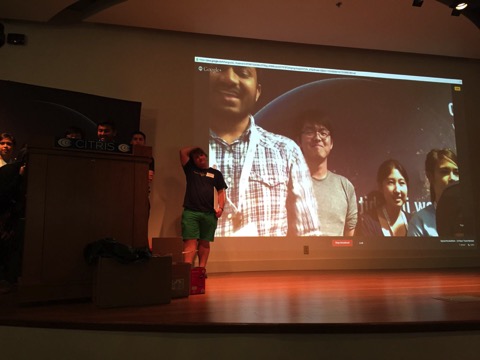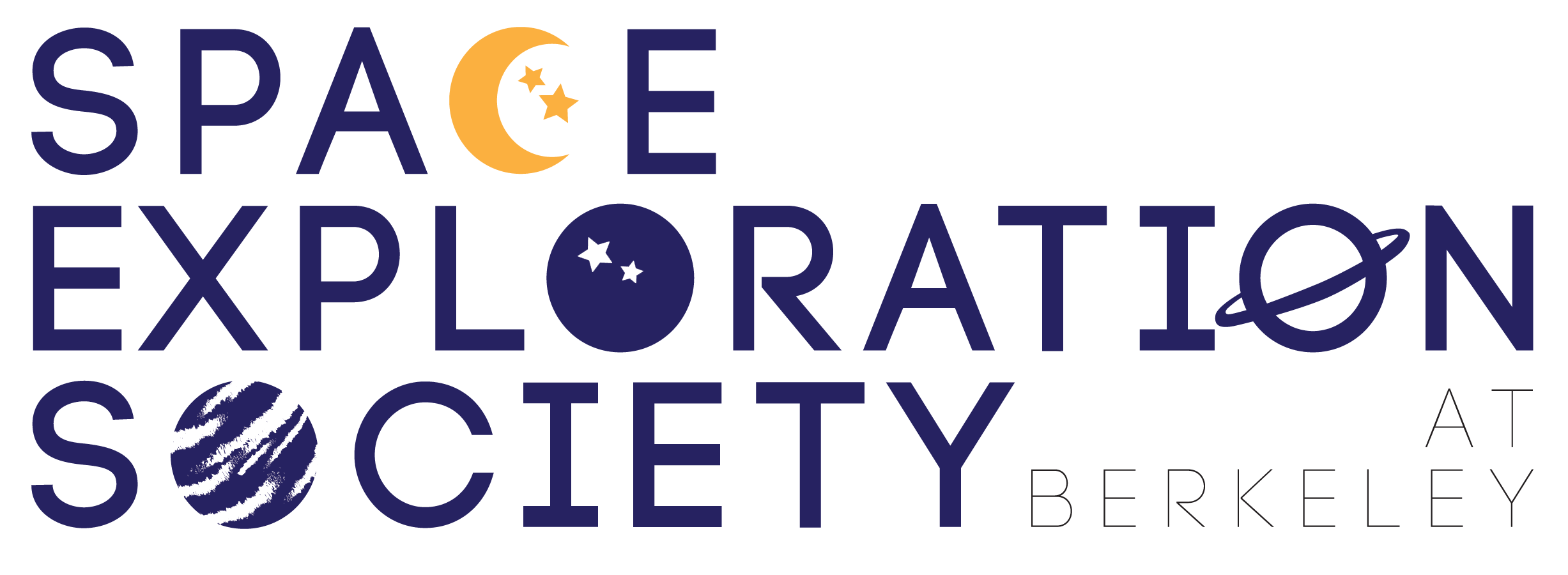Upcoming talk by Professor Gibor Basri
The talk will be held in 121 Latimer Hall on Wednesday, November 19 from 4:00pm - 5:30pm.
Magnetic Fields: Connecting the Lives of Stars and Planets
Gibor Basri, Professor of Astronomy
Magnetic fields play a role in the lives of stars from before they are born until after they die. They affect the collapse of interstellar clouds, and control flow on and off a new star from the beginning. As the star becomes visible, we see very strong surface fields, and the accretion onto the star is magnetically funneled. Young stars remain very active - hundreds of times more than the current Sun, and can be significantly covered by starspots. This can alter or strip planetary atmospheres, and may be a real problem for the most common star/planet pairs. As most stars age, magnetic winds slow them down, which also acts to reduce the fields. Stellar winds and flares reach out and impact planets, whose protection depends in part on their own magnetic fields. The Sun-Earth connection has become more important for us as technology develops. When stars leave the main sequence the form of their outflows, and finally planetary nebulae, can have magnetic imprints. Finally, compact objects left after stellar death can have very strong fields, and they are essential to pulsars.
SES-B @ the Space Hackathon!


This weekend, SESB sent one of our project teams to the Space Hackathon. The results are in, and we've won a rocket launch courtesy of LUNAR that will go up sometime next semester!
Thanks to Magnitude.io and Intel, the companies behind the Hackathon, as well as our members who came out and made this happen!
